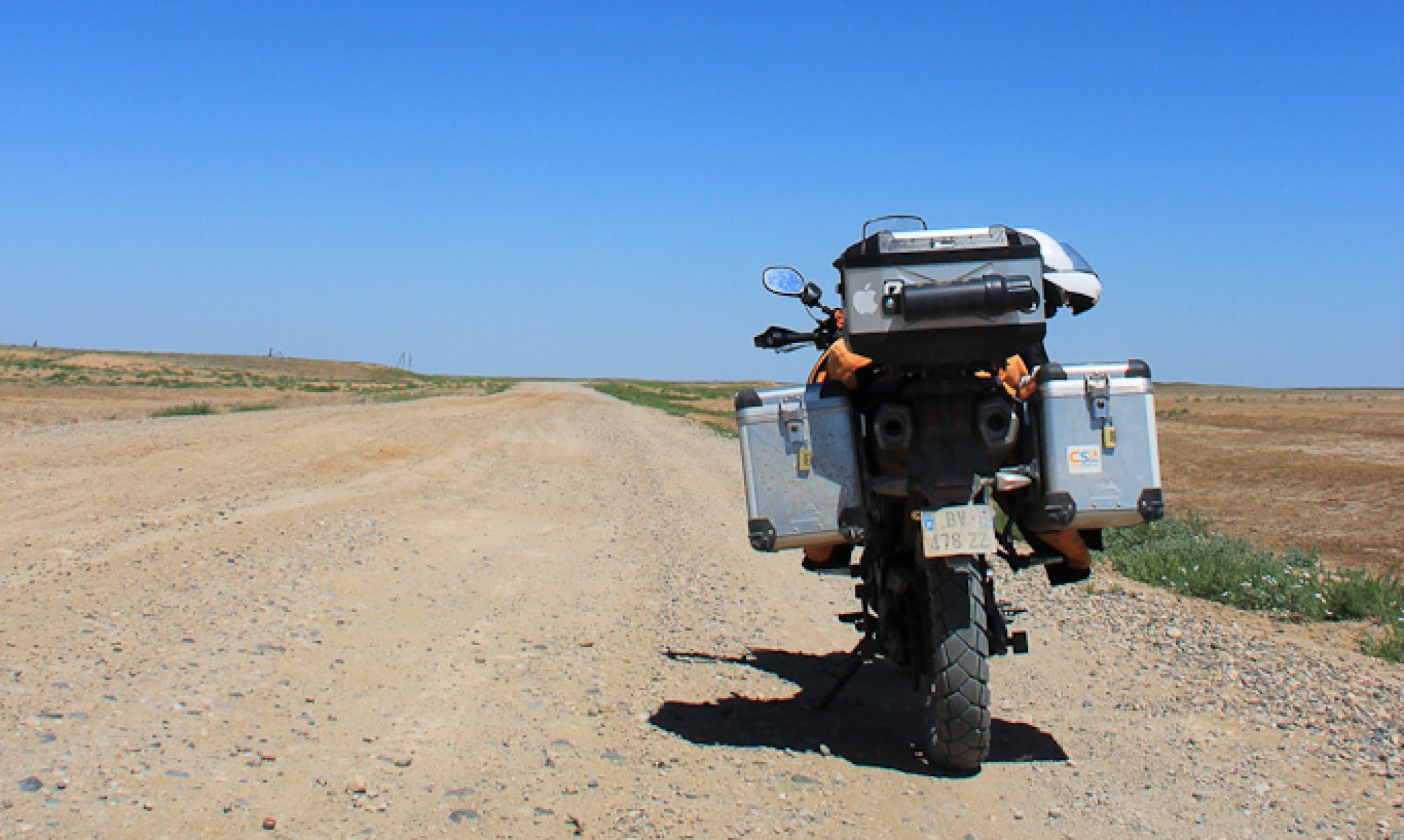Many years ago, while I was backpacking in Argentina, somewhere in Northern Patagonia we were restocking our food supplies at a small town supermarket when an old drunkard invited himself to our conversation. He had the discrete elegance that self-respecting old drunkards usually have, he wore a hat and a felt coat. His face was wrinkled by many years in the sun and he talked a lot. Unfortunately, something even the self-respecting variety of drunkards doesn’t have is articulate speech and even though he spoke Spanish, I couldn’t understand most of what he said. One phrase did get through and stuck to the walls of my mind. Whenever I remember the episode, it comes back: « And then the ‘huinca’ came ».
This is the land of the Mapuche. As I cross the Bio-Bio river, I remember that this was the last line of defence between the Chileans and the original Chileans. What else to call them if not that? Before that fort line was built, this was their land, all of it.
The Inca came and conquered, in name. A tax was agreed and a tax collector took residence here but in reality, the Mapuche were always left to their own devices.
Araucanos, the Spanish called them. The Mapuche always lived on both sides of the Andes and they still do. Araucanos is an unfortunate name, it robs them of their true nature. Perhaps that was the aim. Mapuche has ‘mapu’ in it: Earth (or land, or dirt) and « che » simply means people, they are the people of the land and I am but a visitor in their lands. Some say that our Argentinean custom of calling people « che » comes from them (yes, their land extended to what today is the province of Buenos Aires).
As I enter the Araucanía Andina region, an unofficial sign reminds me, in case I’ve forgotten, that I’m entering Mapuche territory and when I start seeing the beauty that surrounds me, I understand why they defended it so fiercely. The mighty Andes on the horizon, plentiful rivers teeming with fish every couple of kilometers, forests and grassland valleys with no end in sight. They lost, as history records, and today the descendants of the Spanish conquerors rule the land.
At the time of that episode, the word huinca didn’t make any sense to me. I had heard it somewhere but it wasn’t Spanish, I had to find out the meaning. Internet wasn’t that developed back then so I just waited and some time later, while perusing a Mapudungun glossary I found it. Huinca(1): White man. Hum… Wait a second, there’s a Huinca(2) definition under it. Huinca(2): cattle thief. Interesting.
So here I am, cattle thief by definition, visiting their land. I hope they won’t think too badly of me and let me through.
